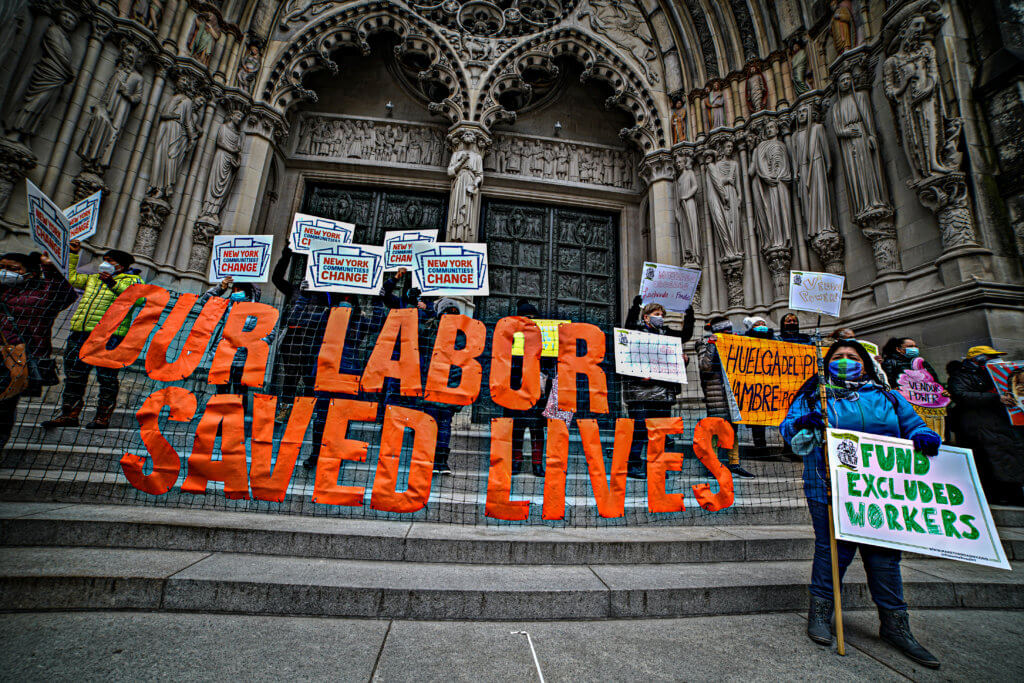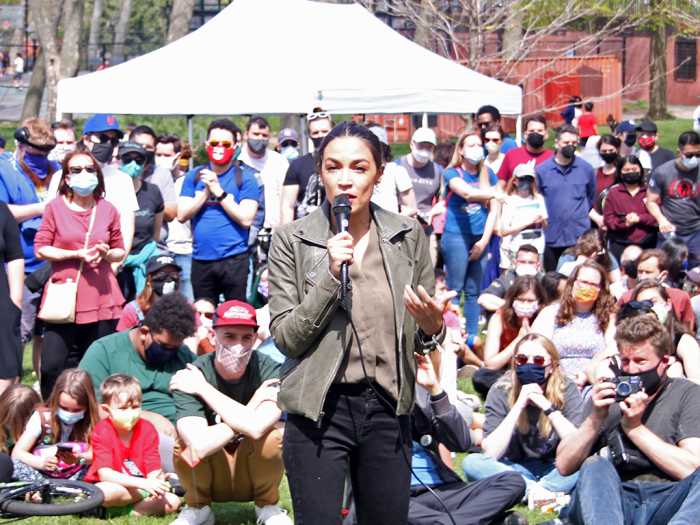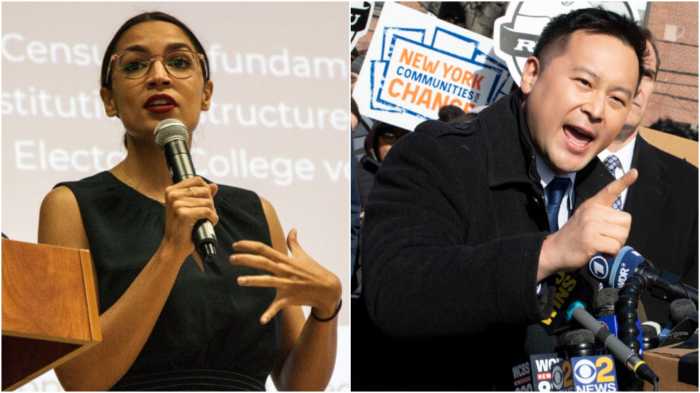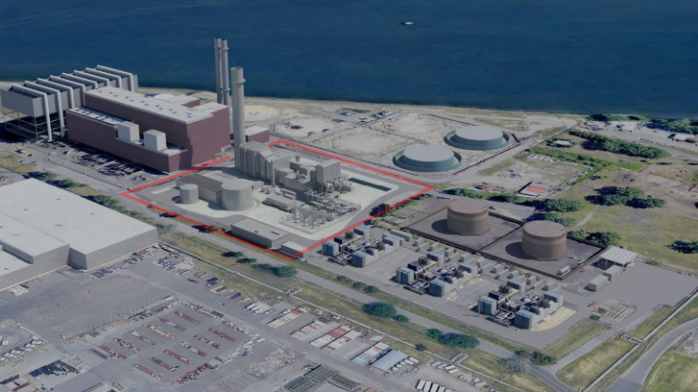The Fund Excluded Workers (FEW) coalition, a campaign of over 200 New York advocacy groups, has been celebrating its legislative win and helping people apply to the new relief fund that was included in the state budget this past April.
After over a year of protests, activists were able to help get $2.1 billion in relief for excluded workers who were left out of needed aid programs. Workers from across the state showed civil disobedience in the form of a 23-day hunger strike and a march that shut down the Brooklyn and Manhattan bridges.
The new relief program has less stringent requirements than previous government aid efforts, and allows for aid to be given to undocumented immigrants.
Earlier this month, the Department of Labor opened the online application for New York State’s Excluded Workers Fund (EWF) and activists from FEW held workshops to help workers understand eligibility requirements, prepare documents and apply to the program.
The EWF comes after many people — mainly undocumented immigrants — were excluded from governmental relief programs before and during the pandemic.
The fund is not only available to undocumented workers. Anyone who was not eligible for and did not receive unemployment insurance or other COVID-19 income relief may be able to receive aid through the EWF.
Eligible workers for the first tier will receive $15,600, which is roughly equivalent to annual unemployment insurance payments. The second tier offers $3,200, which equals the amount of the three rounds of stimulus checks that went out in 2020 and 2021 for pandemic relief.
Fawzia Syed, a Street Vendors Project organizer who has been working with the FEW coalition, pointed out that many undocumented workers continued to feed their communities as restaurants and other businesses closed during the pandemic.
“There are so many workers that we would consider essential workers that have gotten nothing during this pandemic,” Syed said.
Astoria Assemblyman Zohran Mamdani supported this fund, saying excluded workers have kept the city running, especially throughout the pandemic.
“They keep us fed, deliver supplies, take care of our children and so much more,” Mamdani said. “When the pandemic hit, we called them essential, but we didn’t treat them as such — they’ve been left out of all of the pandemic benefits purely on the basis of their immigration status. The [EWF] is vital because it gives these workers the benefits they are owed and makes clear that our commitment to dignity is one that overrides any question of documentation.”
Syed said that during the campaign to get aid for excluded workers, they have seen a lot of xenophobia around undocumented workers. Syed discounted the belief that all undocumented workers don’t pay taxes or contribute to the country and therefore shouldn’t receive government assistance.
“There is a lot of anti-immigrant sentiment around this,” Syed said. “[Immigrants] contribute, [and] so many of them pay taxes. That’s also just this misconception that so many undocumented workers want to just take. They have families here. They have roots. They have children that become citizens.”
Jackson Heights Assemblywoman Jessica González-Rojas also supported the EWF and met with Governor Kathy Hochul on Friday, Aug. 27, to make sure the program is efficiently implemented.
“It is frustrating that the previous [governor] worked to undermine these efforts and further marginalize New Yorkers who are struggling to survive,” González-Roja said. “Today several legislators met with Hochul to communicate our deep concern. We appreciated [her] time and look forward to the funds being disbursed to the people who need them.”
After the hard work of getting this fund included in the state budget, Syed now focuses on outreach in Queens to get as many people to apply as possible.
“We’ve shifted gears on outreach and work to make sure excluded workers are applying for this fund,” Syed said.
Syed and others have been working to remove the barriers for many undocumented immigrants in receiving these funds. Most of the work includes helping people organize their identification documents and work history.
Currently, MRNY is planning to do a major outdoor outreach event to help sign up excluded workers.
To keep up with this outreach event, follow the Street Vendor Projects Facebook and Instagram pages. To be assisted with the application process, visit the Street Vendor Project’s Google form.




































